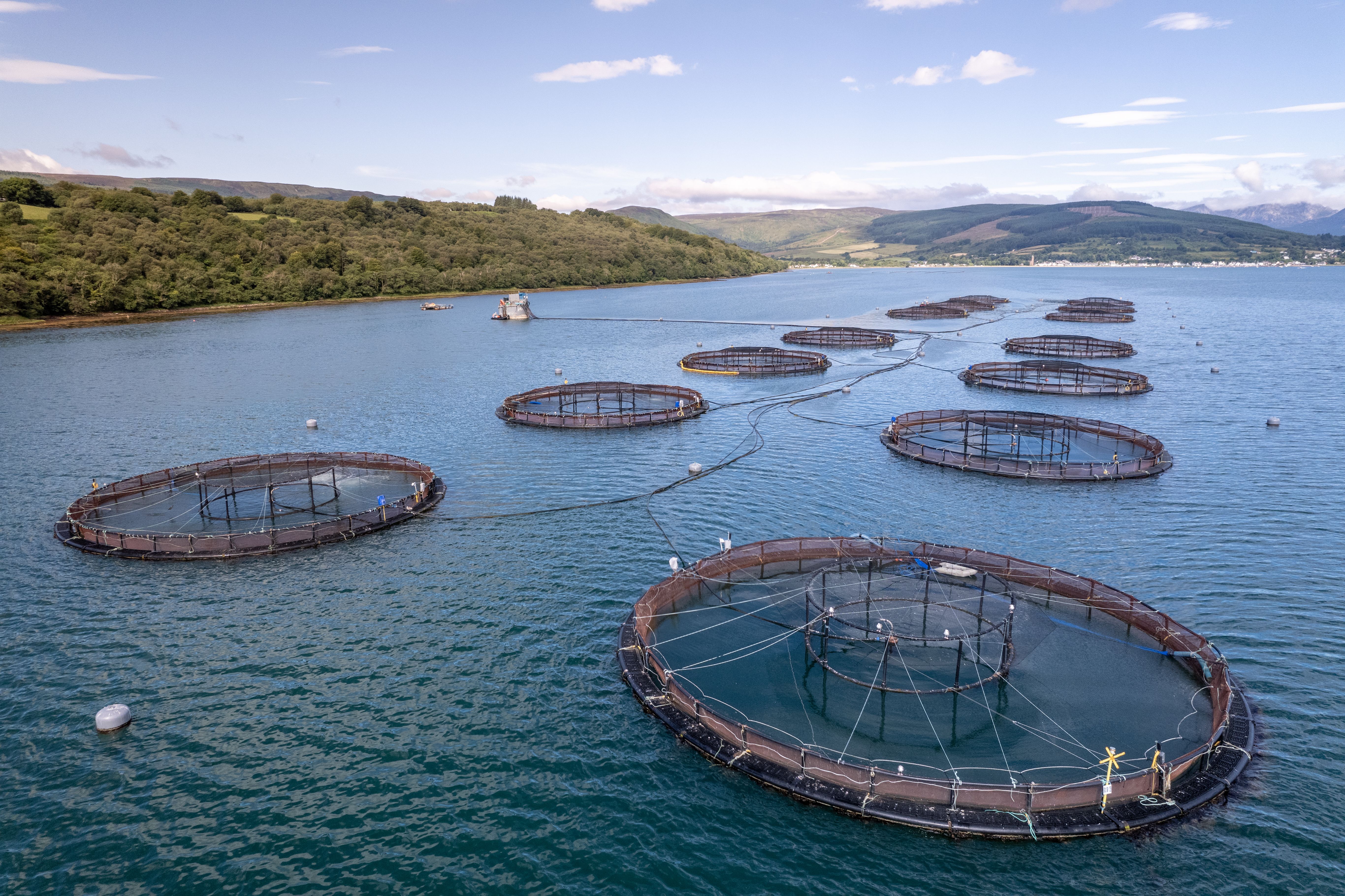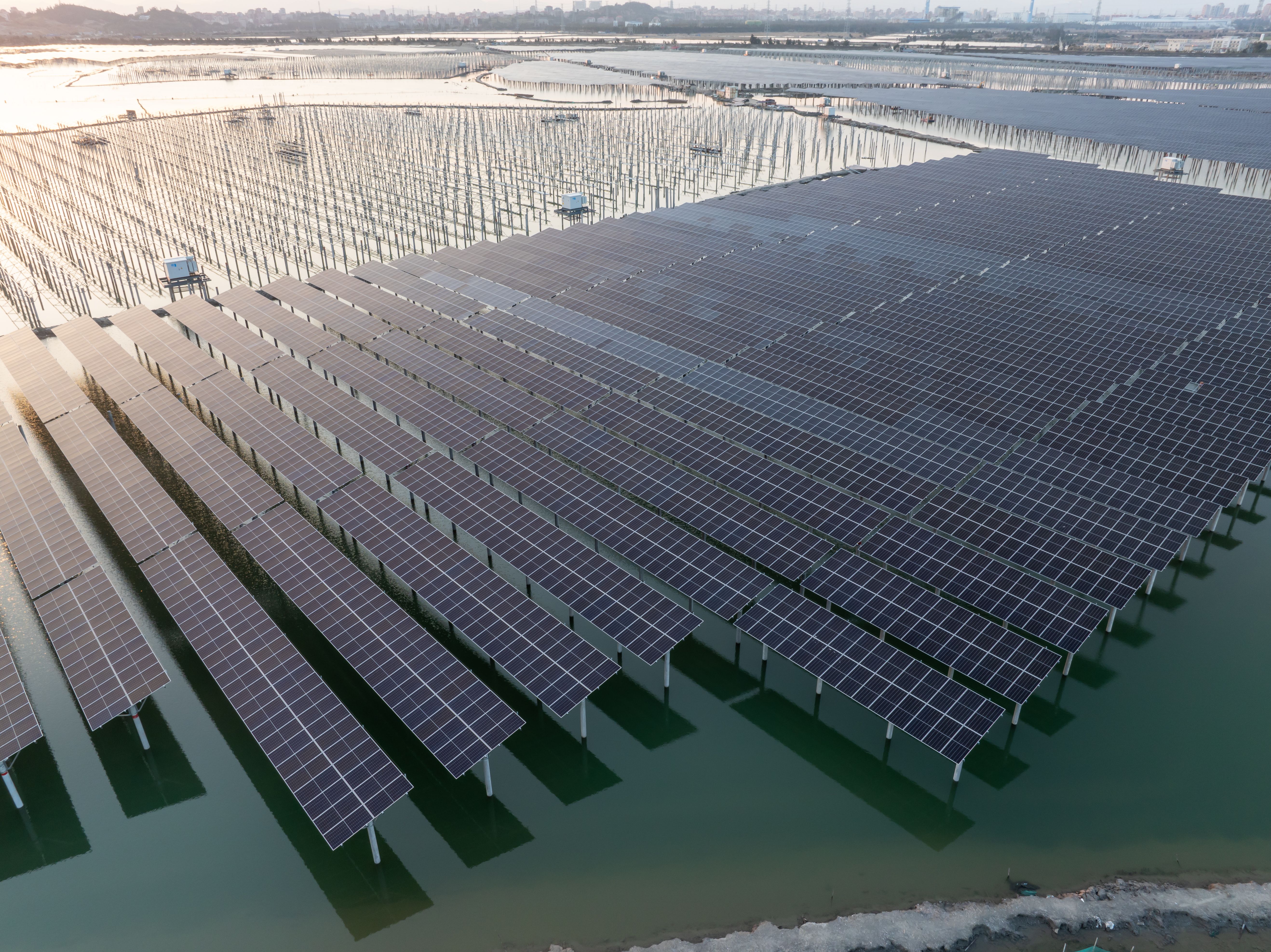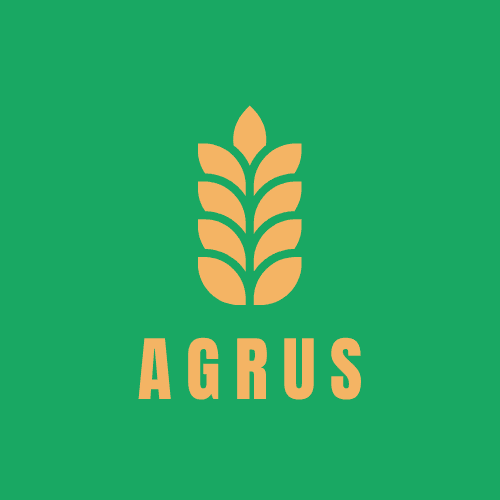Enhancing Nigeria's Aquaculture: Innovative Fishing Practices
Introduction to Nigeria's Aquaculture Potential
Nigeria, with its vast network of rivers and lakes, holds immense potential for aquaculture development. As the demand for fish continues to grow both locally and internationally, the country is poised to become a leader in sustainable fish farming practices. By adopting innovative fishing practices, Nigeria can enhance its aquaculture sector, boost food security, and create economic opportunities.

Adopting Sustainable Practices
One of the key strategies in enhancing Nigeria's aquaculture is the adoption of sustainable fishing practices. This involves using techniques that not only increase yield but also protect the aquatic environment. By implementing sustainable practices, such as selective breeding and habitat restoration, fish farmers can ensure a healthy ecosystem while maximizing production.
Additionally, reducing the reliance on wild fish stocks for feed by incorporating plant-based alternatives can significantly improve the sustainability of aquaculture. This shift not only conserves biodiversity but also reduces the environmental impact of fish farming.
Innovative Technologies in Aquaculture
Innovation plays a critical role in transforming Nigeria's aquaculture industry. Emerging technologies, such as recirculating aquaculture systems (RAS), offer efficient and eco-friendly solutions for fish farming. RAS technology allows farmers to control water quality and fish health, leading to higher productivity and reduced waste.

Moreover, the integration of smart sensors and monitoring systems enables real-time data collection on water temperature, pH levels, and oxygen content. This data-driven approach allows farmers to make informed decisions, optimize resources, and enhance fish growth rates.
Community Involvement and Training
The success of innovative fishing practices largely depends on community involvement and education. Providing training programs for local fish farmers can empower them with the knowledge and skills needed to implement advanced techniques. Engaging communities in sustainable practices ensures long-term success and fosters a sense of ownership.
Furthermore, partnerships between government agencies, research institutions, and private enterprises can facilitate knowledge transfer and provide the necessary resources for aquaculture development. Collaborative efforts can drive innovation and create a supportive environment for fish farmers.

Economic Opportunities and Challenges
Enhancing Nigeria's aquaculture presents numerous economic opportunities. The sector has the potential to create jobs, boost export revenues, and contribute to rural development. By investing in infrastructure, market access, and value chain improvements, Nigeria can position itself as a major player in the global aquaculture market.
However, challenges such as inadequate infrastructure, limited access to finance, and regulatory hurdles need to be addressed. Strategic policy interventions and targeted investments are essential to overcoming these obstacles and unlocking the full potential of Nigeria's aquaculture industry.
Conclusion
In conclusion, enhancing Nigeria's aquaculture through innovative fishing practices offers a pathway to sustainable development and economic growth. By embracing sustainable practices, leveraging technology, and fostering community involvement, Nigeria can transform its aquaculture sector into a thriving industry that benefits both people and the planet. As the country moves forward, continued collaboration and investment will be key to realizing this vision.
